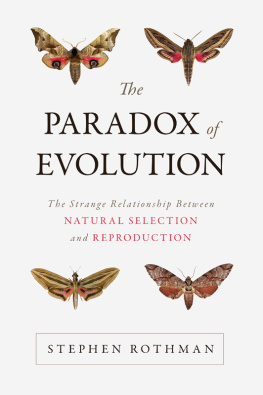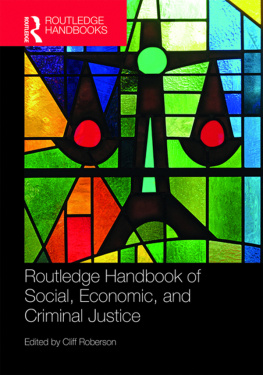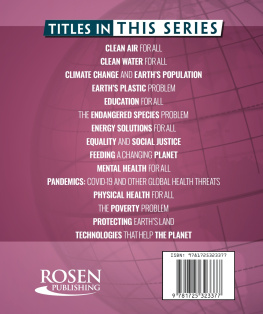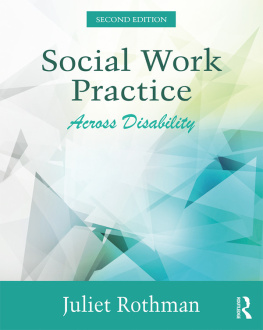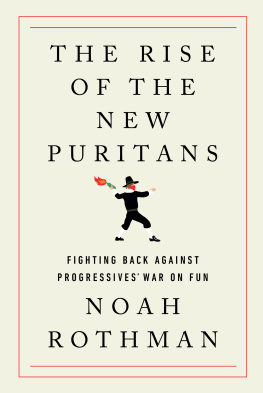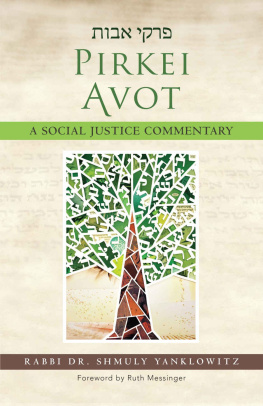P RAISE FOR
U NJUST
An elegant and thoughtful dismantling of perhaps the most dangerous ideology at work today. Modern social-justice thinking tears away at our most cherished ideals and institutions. Noah Rothman has done a tremendous service in cutting through the sloganeering and getting to the heart of the matterthe elevation of crude identity politics at the expense of decency, merit, and truth.
Ben Shapiro , editor in chief, The Daily Wire
Reading Noah Rothman is like a workout for your brain, and this book also tugs at your heart. Noah calls upon all of us to remember our common identity firstwe are Americans. He suggests we start acting like it.
Dana Perino , press secretary to President George W. Bush
Noah Rothman makes it clear that Americans have just two choices before them. They can fulfill the beautiful principles that were outlined in the Declaration of Independence and were then extended by those who fought for the right to their promissory note, or they can descend into grievance-mongering, identity politics, and sectarian strife.
Charles C. W. Cooke , editor, NationalReview.com
Identity politics is corrupting the American ideal of e pluribus unum. Out of many, one has been replaced by from one into many. In this robust endorsement of our nations timeless founding principles, Noah Rothman says the things that need to be said but that too few people have the courage to say.
James Kirchick , author of The End of Europe: Dictators, Demagogues and the Coming Dark Age
Noah Rothman examines a movement more focused on political retribution than the search for justice, explaining with great insight how it has poisoned our politics, coarsened our culture, and turned us into a nation of victims.
Joe Scarborough , host of MSNBCs Morning Joe
Noah Rothmans pointed, eloquent, powerful, and necessary Unjust marks the distinguished beginning of what will surely be a remarkable career as an author of books.
John Podhoretz , editor, Commentary
Noah Rothmans first book (of many, I hope) shows how social justice ideologues, left and right, are rejecting the uniquely anti-tribal nature of the American experiment that has allowed us to rise above the tit-for-tat tribal temptation that has markedand wreckedso many past civilizations.
Jonah Goldberg , author of Suicide of the West: How the Rebirth of Tribalism, Populism, Nationalism, and Identity Politics Is Destroying American Politics
For Jace and Elias.
I NTRODUCTION
T here is no better time to visit the former Soviet Union than the dead of winter. After all, if youre going to learn anything about a people, it will not be when conditions are optimal. And conditions in Ukraine are far from optimal.
On a February afternoon in Kiev, I joined a group of Western journalists seated across from Yuri Lutsenko, the chief prosecutor for the government of Ukraine, a country that has been ravaged by conflict since the overthrow of its pro-Russian regime in 2014. The education in post-revolutionary politics he provided us was as enlightening as it was chilling.
As Lutsenko explained in perfect English that it was not and should not be a government priority to prosecute those who might be implicated in revolutionary violence but were loyal to the current governmenta pro-Western government, we were pointedly remindedI was overcome with a sense of foreboding. This was not justice he was describing. This was payback, which can only foster resentment, cycles of violence and counter-violence, corruption, and tribal animosities that span generations. Lutsenko surely knew that as well as anyone, but we are all hostages to the currents of history. Some of us are simply more resigned to it than others.
One of our guides described Ukrainian politics as a contest of personalities. At any given time, there are five or six strongmen who command the support of this or that political bloc. Parties are built around these personalities. Alliances form and dissolve with no grander objective than keeping everyone else off balance. Exogenous events, such as the occasional Russian invasion or a corruption crisis, alter this balance, but the fundamental dynamic does not change. That dynamic is about power: securing it, maintaining it, and exercising it.
This is not how politics works in the United Statesa blessing we take for granted. Americans can be cynical about their political culture, but Americas institutional and conventional checks on the ambitions of demagogues should be a source of great pride. The United States is a mature republic founded upon ideals, and its two dominant political parties are united more by ideological convictions than personalities. At least they were once.
The American tradition of political idealism is imperiled by a growing obsession with the demographic categories of race, sex, ethnicity, and sexual orientationthe primary categories that are now supposed to constitute identity. As groups defined by these various categories have come to command the comprehensive allegiance of their members, identity alone has become a powerful political program. As it turns out, it is not a program that appeals to the better angels of our nature.
Identity has always been a part of our political culture, but lately the practitioners of identity politics have been less interested in continuity and legitimacy than in revenge. This retribution is antithetical to the conciliatory ideals by which injustices perpetrated in the name of identity were once reconciled. The authors of this vengeance reject the kind of blind, objective justice toward which Western civilization has striven since the Enlightenment. They argue, in fact, that blind justice is not justice at all. Objectivity is a utopian goal, a myth clung to by nave children. We are all products of our experiences and the conditions into which we were born, whether we like it or not. Those traits set us on a course that is in many ways predestined.
The identity-obsessed left believes that Americans who are born into privileged demographic categoriesmale, white, and heterosexual, among otherswill have an easier time navigating life than their underprivileged counterparts, among them women, ethnic minorities, and the LGBT. Those on the right believe the opposite is true: the historically marginalized have had the scales tipped in their direction. The so-called privileged majority not only has lost its privileges but is often stripped of its essential rights.
The paranoia which can ensue from this division is the venomous progeny of identity politics. Its practitioners call it social justice .
This idea of social justice has developed into a way of life. The study of identity long ago ceased to resemble an academic discipline. Its tenets are as inviolable as any religious dogma. The diversity industry is populated by con artists, some of whom have shifted from advocating diversity solutions to pitching themselves as experts on why diversity solutions so often fail. They have bloated the administrations of already top-heavy organizations, such as large businesses and universities, while failing to achieve even their stated objectives.
You would think this charlatanism would bother social justice enthusiasts. Oddly enough, this parasitic relationship seems to annoy only their critics. Often those who display even token obeisance to the diktats of identity politics escape censure, no matter how deserving of condemnation their behavior may be. So enamored with their own virtue are these social justice advocates that they cannot see the injustices they are abetting.
The creed forming around social justice idealism is shaping our every daily interaction. It influences how businesses structure themselves. It is altering how employers and employees relate to one another. It has utterly transformed academia. It is remaking our politics with alarming swiftness. And its self-appointed inquisitors make sure that there are consequences for transgressors.
Next page

